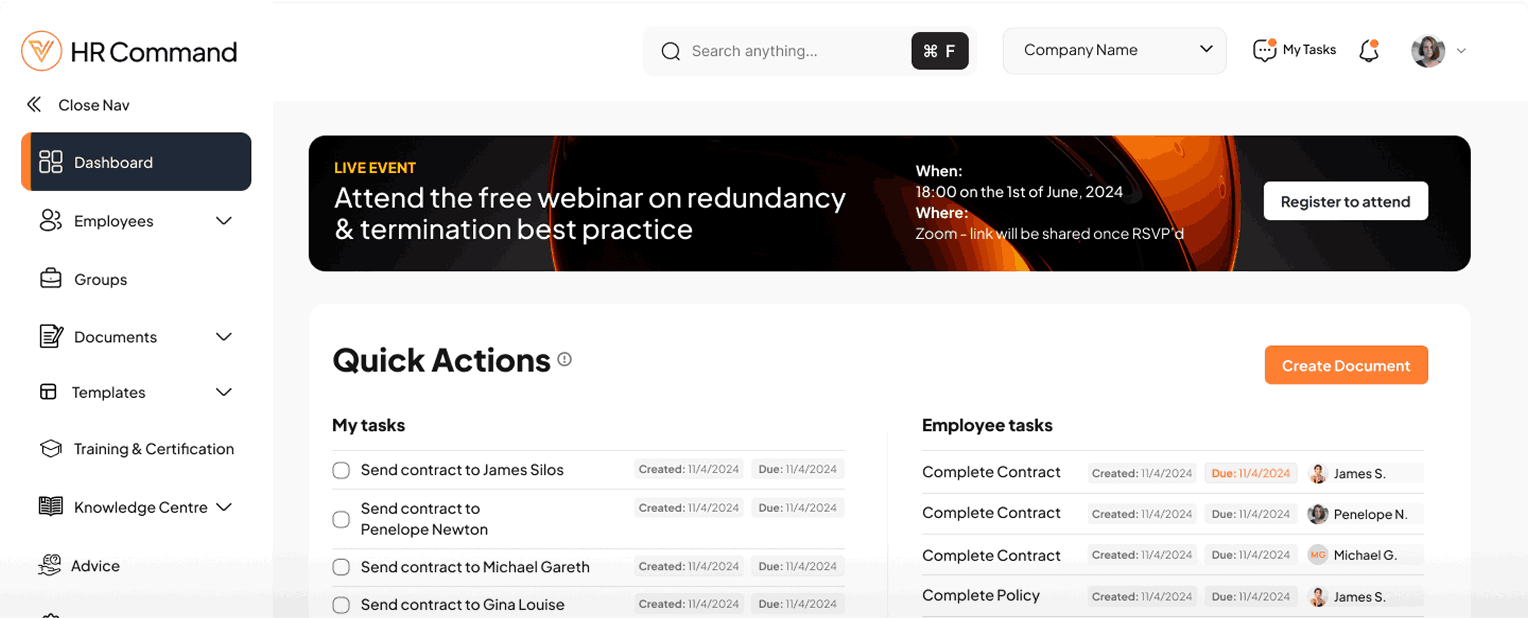The government has proposed a major shift in how Australian businesses protect themselves. From 2027, non-compete clauses would be banned for low and middle income workers, defined as employees earning less than the high income threshold of AUD 183,100 per year (as of 1 July 2025).
This change is not yet law. It is part of the government’s competition reforms announced in the 2025–26 Budget and currently under consultation. But if passed, it will transform how employment contracts are written and enforced across the country.
What Is Proposed
- Ban on non-compete clauses for workers under the high income threshold (AUD 183,100).
- Applies to clauses that stop an employee from working for a competitor or starting their own business after leaving.
- Part of broader reforms to reduce wage stagnation and improve labour mobility.
- Expected commencement: 2027.
What Remains the Law (for Now)
- Non-compete clauses can still be included in contracts today, but are already difficult and expensive to enforce.
- Other protections, such as confidentiality agreements, intellectual property clauses, non-solicitation clauses, and notice periods or garden leave, remain legal and enforceable.
- The high income threshold is updated annually by the Fair Work Commission, currently AUD 183,100 from 1 July 2025.
Why Non-Competes Were Never the Answer
Even before this reform, non-competes had problems:
- They are rarely upheld in court.
- They create uncertainty for both employers and employees.
- They damage employer brand by appearing overly restrictive.
- They slow down innovation and productivity.
How To Protect Your Business Without Non-Competes
The end of non-competes for most employees should not be a shock, it is an opportunity to fix contracts properly. Strong, enforceable protections include:
- Confidentiality agreements that define and protect sensitive information.
- IP clauses that make ownership of work products unambiguous.
- Non-solicitation clauses to stop departing staff from poaching clients or employees.
- Notice periods and garden leave to manage transitions for senior staff.
- Regular contract audits to ensure all agreements are up to date and compliant.
What HR, Business Owners and Executives Should Do Now
- Audit contracts today to identify and remove outdated non-compete clauses.
- Replace them with enforceable confidentiality, IP, and non-solicitation protections.
- Plan ahead for notice periods and garden leave in sensitive roles.
- Set an internal deadline before 2027 to have all contracts updated.
HR Command’s View
This reform is a clear signal: the era of blanket restrictions is ending. Businesses that get ahead of the change will be better protected than those relying on clauses that will soon be unenforceable.
📌 Action item: Review your contracts now. HR Command’s contracts and policies are built to give you real protection, with no dead weight.











